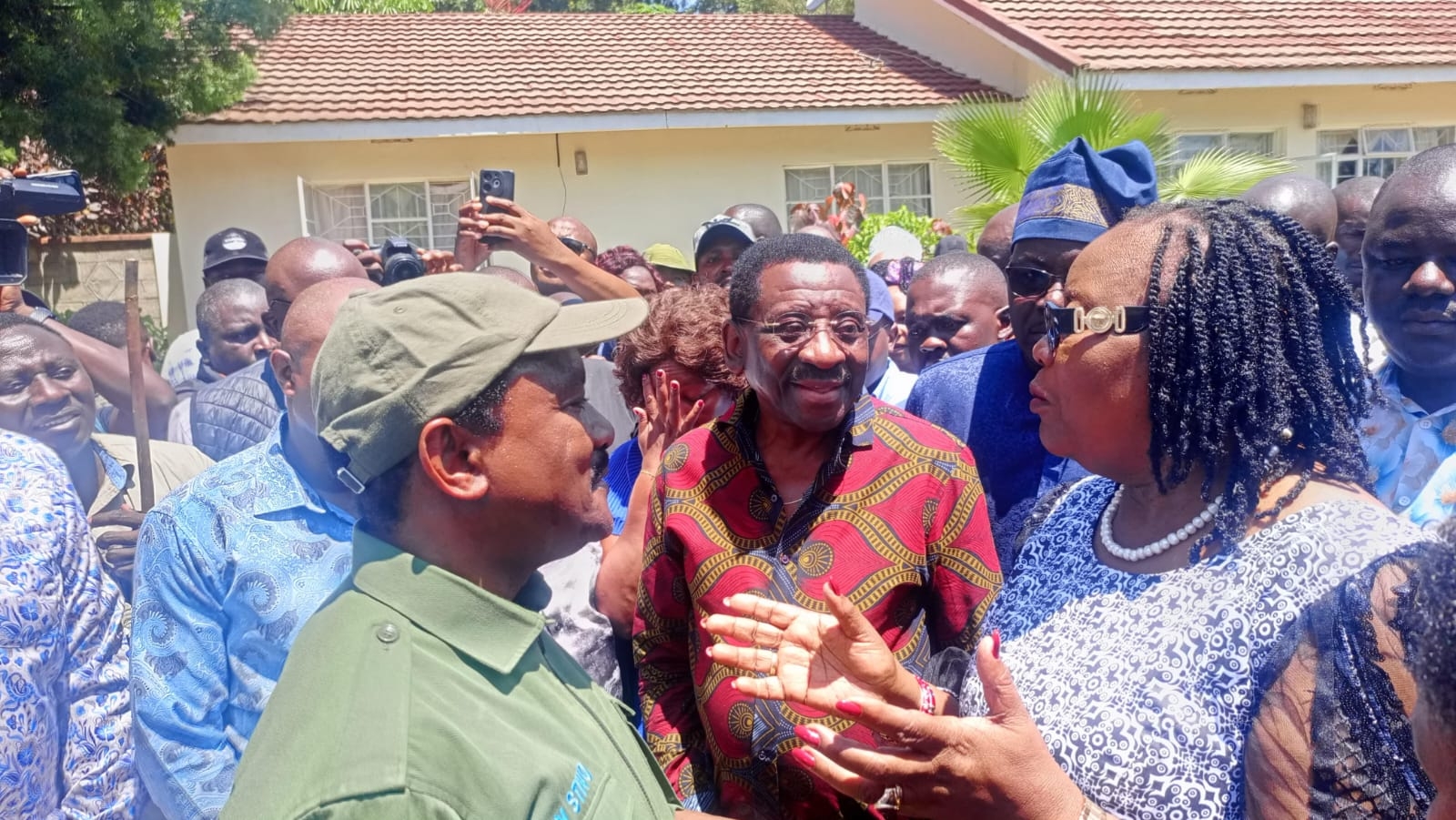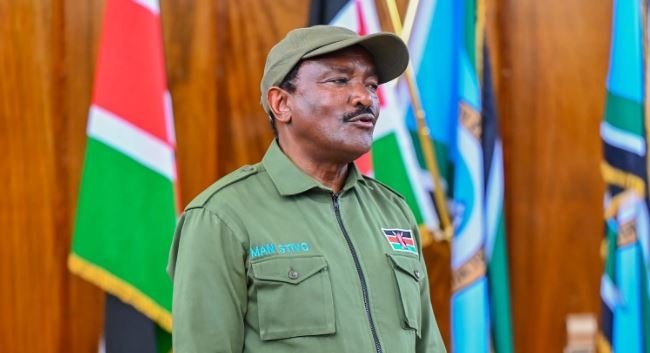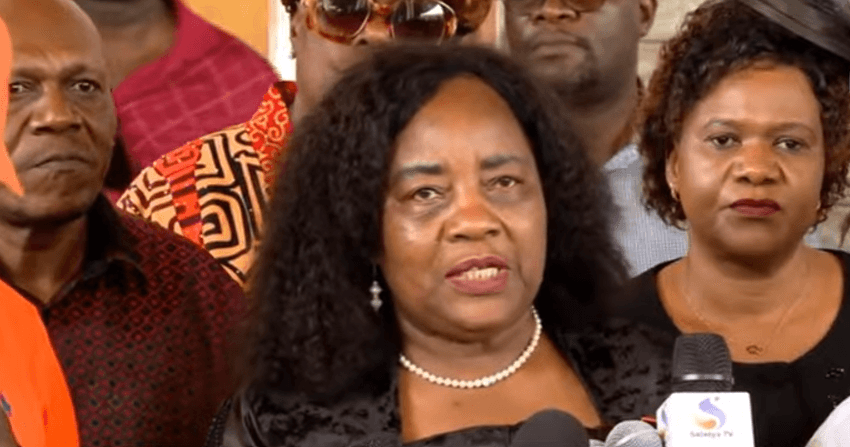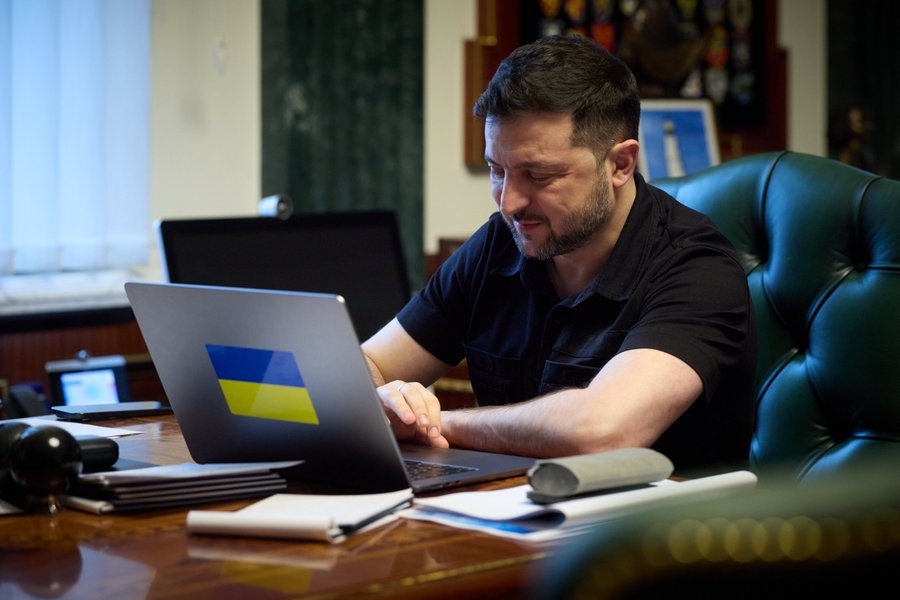
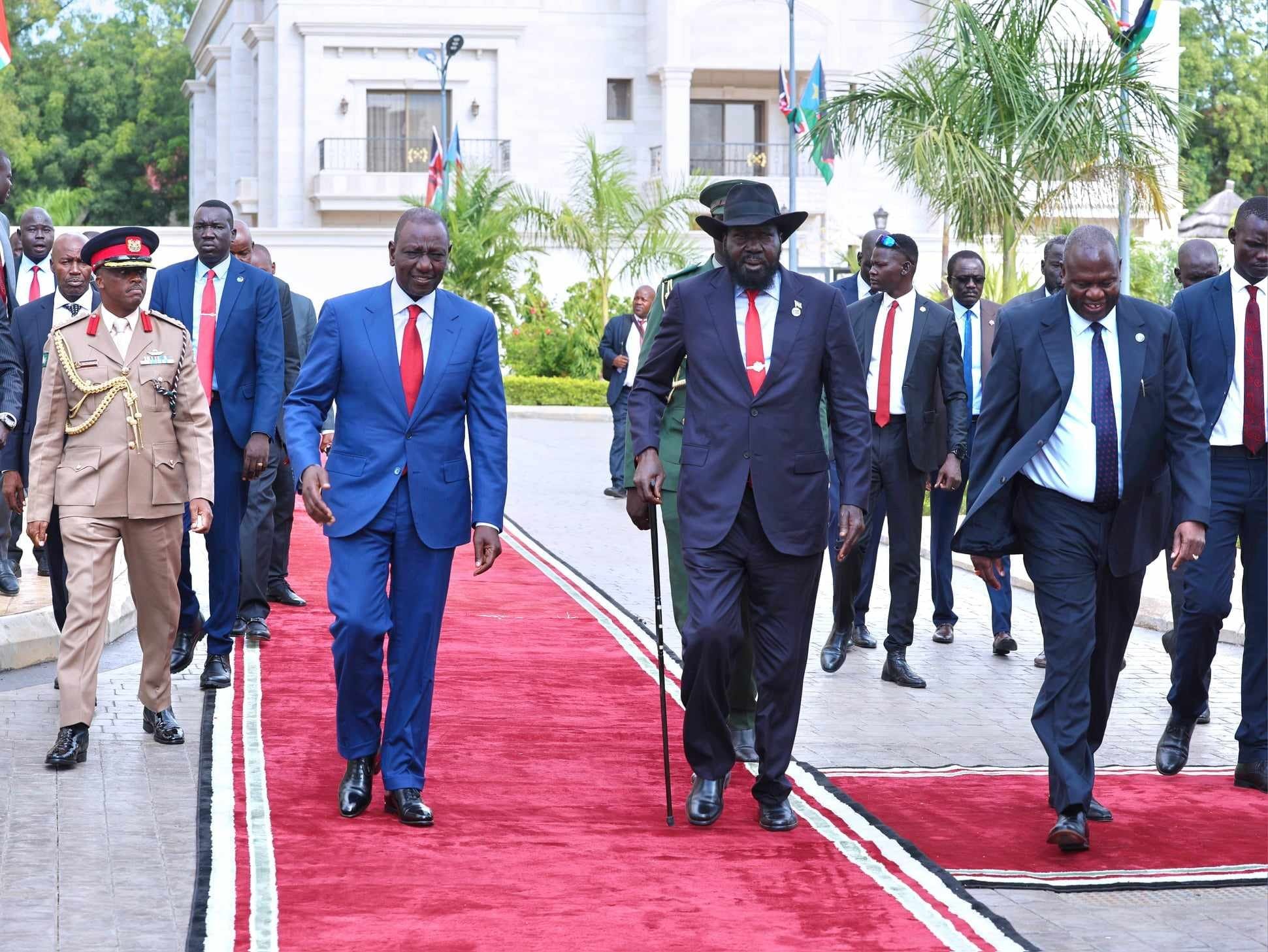
The agreement, signed in 2018, is officially called the Revitalised Agreement on the Resolution of Conflict in South Sudan.
In a report covering January-March 2025, the Reconstituted Joint Monitoring and Evaluation Commission on Monday said “repeated violations” had stalled progress.
“During the quarter, armed conflict and violence erupted across the country, several high-ranking opposition members and Parliamentarians were detained and imprisoned,” the report said.
“The First Vice President Dr Riek Machar Teny was also put under house arrest.”
The team said such scenes had not been seen since the signing of the agreement more than six years ago.
The statement was released amid ongoing land clashes in the country.
The commission said it had taken note of ministerial positions at the state and national levels and those within the presidency being reshuffled.
Moreover, portfolios within some Agreement Institutions and Mechanisms have been abandoned out of fear of being targeted for arrest and/or detention, a departure from the provisions of the peace deal, it said.
In late March, the government announced Machar had been placed under house arrest, despite the United Nations Mission in South Sudan calling for restraint amid rising tensions across the country.
The arrest was condemned by Reath Tang, chairperson of the National Committee on Foreign Relations for the Sudan People's Liberation Movement-in-Opposition.
Tang said Machar’s arrest was a violation of the 2018 peace agreement that formed the unity government.
The report noted that in some parts of the country, civilians, including women and children, have borne the brunt of the fallout and have suffered serious human rights and humanitarian law violations.
These include death, injury and displacement due to military operations and connected armed clashes.
The commission reiterated that the peace deal remains the most viable framework to steer South Sudan towards the path of stability and prosperity.
Commission chairman Maj Gen (Rtd) George Owinow described the political and security situation in South Sudan as fragile and highly volatile.
It poses a serious threat to the survivability of the peace agreement, he said.
The report noted that the clashes are now spreading to several areas across the country, including reported attacks on some cantonment sites and training centres, such as Luri, Rajaf and Panyume.
The report said the arrest and continuous detention of some senior officials allied to Machar, among them political and military leaders, are escalating the situation.
These leaders are integral parts of the peace deal and critical for its full implementation, the team said.
Also cited is the removal and replacement of some opposition leaders from various portfolios at the national and state levels without consultation, consensus and compromise with the concerned parties as provided for in the peace deal.
The report says the inability of the leadership of the parties to dialogue and resolve the emerging security and political challenges within the framework of the revitalised peace agreement is a concern.
“These factors have contributed to the heightening of political tensions and undermining of trust and confidence built between the peace partners over the six years of implementation,” the commission said.
“It is worth noting that in this two-year extension of the agreement, there are less than 20 months left to elections in December 2026.”
In its conclusion, the commission underscored that “the heightening of political and security tensions in South Sudan does not bode well for the sustaining of durable peace”.
It urged parties to the agreement to make every effort to adhere strictly to the agreement and recommit to the cause of peace.
“While the trust among the Parties has been seriously dented, there remains some room for re-engagement and dialogue,” the commission said.
“Efforts must be stepped up to complete the unification of forces, unconditional release of those detained and move forward with the Constitution-making process,” it said.







